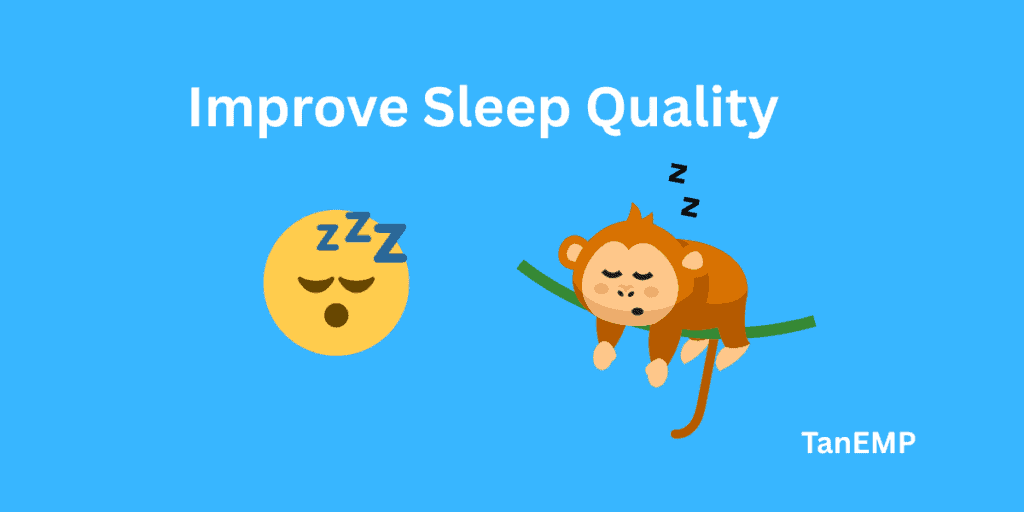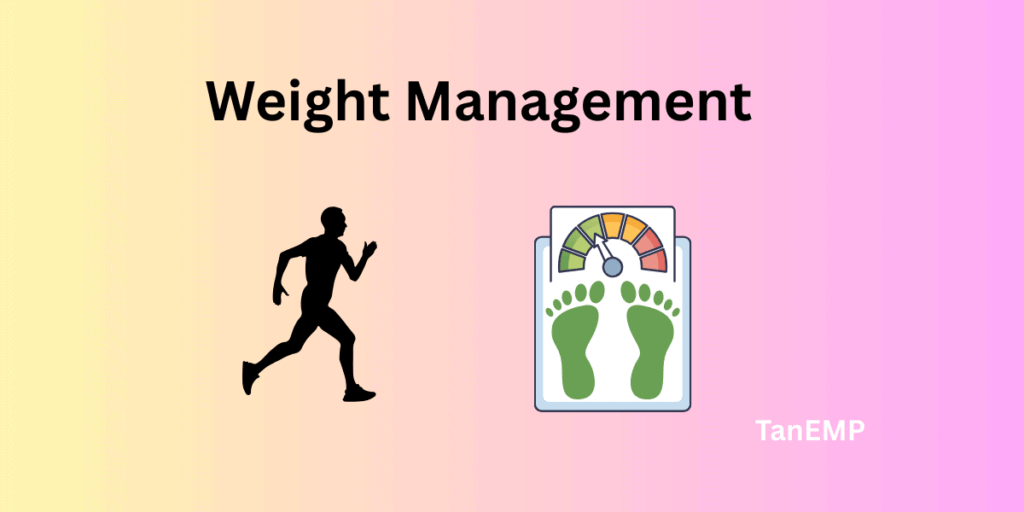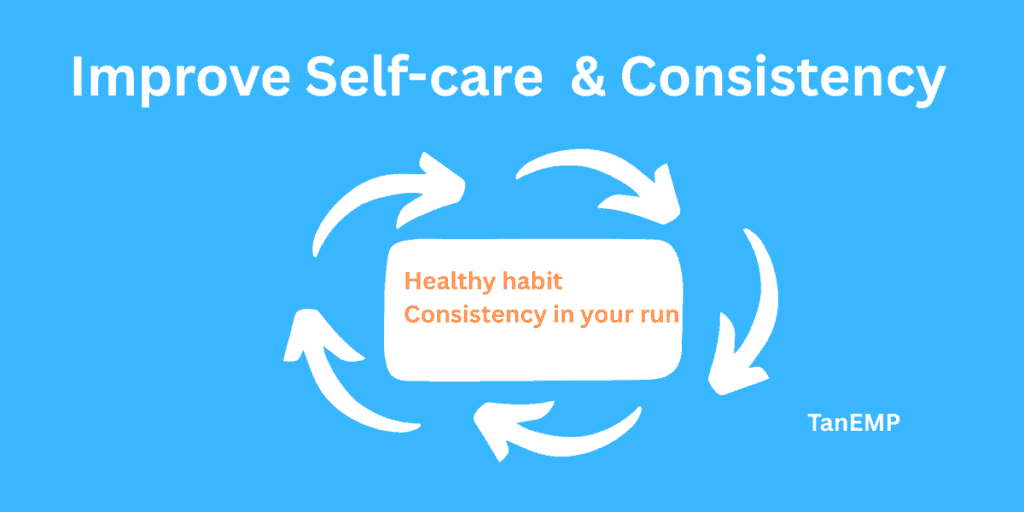7 Surprising Benefits of Running in the Morning for a Healthier You

Have you ever thought about the benefits of an early morning run?
Running in the morning isn’t for everyone. I tried convincing myself twice—in my 20s and 30s—that I could become a morning runner.
But honestly, I’m just not a morning person. I couldn’t stick with it long enough to feel the benefits. Developing a new habit usually takes about 4 to 8 weeks, and I couldn’t keep it up.
If you’re naturally a morning person, this post will give you a confidence boost to keep running without giving up—unlike me.
On the other hand, if you’re new to running and wondering whether a morning or night run suits you better, this post will help you understand what morning runners experience.
Let’s dive into morning runs!
Key Takeaways
- Morning runs boost energy and alertness.
- They improve sleep quality and help build consistency.
- Running in the morning supports heart health and weight management.
- It helps reduce stress and improves mental well-being.
- Morning runs can also enhance race performance.
7 Benefits of Running In The Morning
1. Boosts Energy and Alertness
Starting your day with a morning run can help you feel more awake and alert. It sets a positive tone for the rest of your day.
One of the main benefits of running in the morning is that it wakes up both your mind and body.
When you run, your heart starts pumping more oxygen to your muscles and brain. This makes you feel sharper and more focused.
Adding a morning run to your daily routine keeps you physically active and helps you think more clearly.
Running in the morning can also boost your mood and energy levels. Over time, it can make you feel more consistent and motivated to keep up the habit.
Once you get used to it, you’ll notice you feel more refreshed and ready to handle whatever the day brings.
2. Improves Sleep Quality

Adding morning runs to your routine can help you sleep better, especially if you have difficulty falling asleep.
Morning jog helps your body get into a natural rhythm, making it easier to relax in the evening.
When you exercise, your body uses up energy and feels less tense, which makes it easier to wind down at night.
Morning runs can also make you feel naturally tired when it’s bedtime, leading to deeper and more restful sleep.
Benefits of Morning Runs for Sleep:
- Develop a natural sleep routine.
- It makes it easier to relax at night.
- It leads to deeper sleep.
- It helps you become a morning person.
3. Improves Health Benefits

Running regularly is a great way to boost your cardiovascular fitness. It strengthens your heart and builds endurance, making it easier for your body to pump oxygen-rich blood.
At first, you might feel like breathing is tough. But as your heart gets stronger, breathing will become easier.
Running also helps your lungs work better and improves blood flow. This means your body gets the oxygen and nutrients it needs more efficiently.
A morning workout like running can also help keep your cholesterol levels healthy and control your blood pressure. These are important for overall cardiovascular health.
You don’t have to run long distances to see the benefits. Even a short run can make a positive difference in your heart health.
Over time, you’ll notice lower stress, more energy, and a greater sense of well-being.
4. Supports Weight Management

Running and jogging are great ways to burn calories and lose weight. A morning run helps get your metabolism going, which can lead to faster weight loss.
The more you run, the more calories your body burns, even after you’re done.
Running regularly also helps you keep the weight off. It boosts your physical activity, which is key to staying in shape. Besides burning calories, running helps reduce body fat and build muscle, leading to a healthier weight.
If you want to lose weight or maintain a healthy weight, adding running to your routine can make a big difference. Running is a type of vigorous exercise that challenges your body and improves your overall health.
Over time, it can help you feel more energized and confident.
Benefits of Running for Weight Management:
- Burns calories and aids in weight loss.
- Boosts metabolism for quicker weight loss.
- Reduces body fat and builds muscle.
- Increases physical activity for overall health.
- Helps keep weight off long-term.
5. Reduces Stress and Anxiety

Running is a simple but powerful aerobic exercise that can help lower stress and improve mental health running in the morning.
When you run, your body releases endorphins, which are natural mood boosters that can reduce anxiety and lift your spirits.
This is especially important because long-term stress can lead to anxiety or depression. Running helps fight these feelings by improving blood flow and increasing mental focus.
With regular morning runs, you’ll feel more relaxed and ready to take on whatever the day brings. Whether you’re clearing your mind or preparing for a busy day, running can help you stay calm, focused, and energized.
Benefits of Running for Mental Health:
- Boosts mood with endorphins.
- Reduces anxiety and stress.
- Improves mental health running in the morning.
- Increases blood flow to the brain.
- Enhances mental focus and relaxation.
6. Improves Self-Care and Consistency

Running in the morning has many benefits for taking care of yourself and building good habits.
But here’s the thing – you need to stick with it for 6-8 weeks before these habits stick!
Don’t be like me who gave up halfway through. If you want to be a morning runner, hang in there even when it gets tough.
- When your workday begins after a morning run, you’re putting your health first before tackling daily responsibilities.
- This exercise-led routine helps lower stress and gives you more energy throughout the day.
- Morning runs can strengthen your immune system, helping you stay healthier.
- Creating a regular morning running habit sets a positive tone for your entire day.
- The commitment to run every morning reinforces the importance of self-care.
- Regular morning exercise helps you be more focused in both work and personal life.
- Starting your day with exercise provides more energy to handle daily challenges.
- This creates a positive cycle where consistency improves both physical and mental well-being.
- Morning runs build discipline that can carry over into other areas of your life.
7. Improves Race with Consistent Morning Exercise Routine

You can’t just wake up one morning and run a 5K or marathon without training. If you want to do your best on race day, you need a consistent routine. This might include morning runs or even some evening practice sessions.
I know someone who tried to run a half marathon with only a month of preparation. During the race, she had a calf spasm and couldn’t finish. She wasn’t ready for the challenge.
To avoid this, it’s important to mimic race day conditions during your training. Try running at the same time you plan to race. Eat your breakfast at the same time and follow the same warm-up routine you’ll use on race day.
This practice helps your body get used to the timing and routine of your upcoming race. Paying attention to your running form and breathing during training also helps you feel more prepared and confident when race day arrives.
Tips for Starting a Morning Running Routine

Getting into a morning running routine can be tough at first. But with a few simple tips, you can make it work:
- Start small. Gradually increase how long and how hard you run.
- Find a running buddy or accountability partner to keep you motivated.
- Change up your route or terrain to make runs more interesting.
- Listen to music or podcasts to make the run more enjoyable.
- Have a quick morning snack to boost your energy, like a banana, yogurt, or an energy bar.
- Set your alarm 30 minutes earlier each day to make time for your run.
- Begin with short runs, then slowly increase the distance and intensity.
- Always warm up before you start and stretch afterward.
By following these tips, you’ll enjoy the benefits of running in the morning while building a routine. Over time, it will become a great way to get in some moderate-intensity exercise and improve your fitness.
Avoiding Evening Runs and Finding Time
Running in the evening can make it hard to fall asleep, especially if you finish your run too close to bedtime. Late runs can raise your blood pressure levels and mess with your sleep latency, which means it takes longer to fall asleep. This can keep you from getting enough rest.
Here are a few tips to find the right time to run:
- If you have to run in the evening, try to finish a few hours before bedtime.
- Bring your running clothes to work so you can hit the road right after.
- Put your runs on your calendar and treat them like non-negotiable plans.
- Team up with a running buddy or accountability partner to help you stay on track.
Planning makes it easier to fit your runs into your day without messing up your sleep.
Wrap Up
You’ve learned about the 7 surprising benefits of running in the morning! It’s not just about getting your workout done early.
Morning runs can boost your energy, reduce stress, help with weight loss, and make your heart stronger. Plus, they make race training easier and help you stay consistent.
Why not give morning runs a shot? Put on your running shoes, head outside, and enjoy the sunrise while you get moving. You might find that morning runs become the best part of your day!
FAQ
Is running 30 minutes in the morning good?
Yes, running for 30 minutes in the morning is great! It helps boost your energy, improve your mood, and kickstart your metabolism. Plus, it’s a manageable time to fit into your routine.
Is it good to run as soon as you wake up?
Yes, running right after waking up can be good for you. Just make sure to warm up properly to get your body moving. A quick stretch or light jogging in place helps reduce the risk of injury.
How long should my morning run be?
It depends on your fitness level and goals. Beginners might start with 15–20 minutes, while more experienced runners can aim for 30 minutes or longer. The key is to start small and gradually increase your time as you build endurance.





